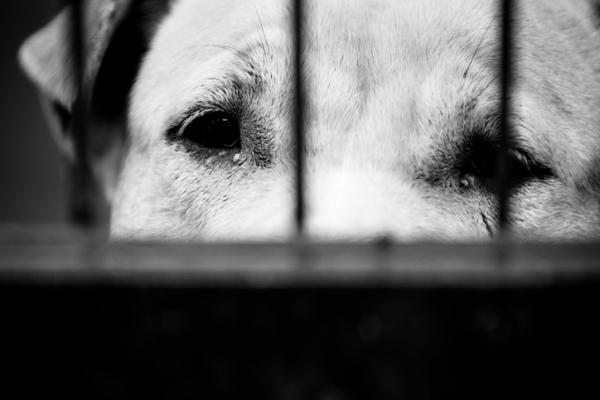
Since Jan. 1, 2014, the “Companion Animal Registration System” has been valid, under which people who own dogs older than three months must register their dogs. As the companion animal registration system failed to prove its effectiveness, the voluntary reporting period was operated from July 1 to Aug 31 this year. A maximum fine of one million KRW will be levied for being detected with non-registered animals after the voluntary reporting deadline.
The registration of companion dogs was instituted to reduce the loss and abandonment of dogs, however, the fines imposed so far from 2014 are only 280,000 KRW levied the first year of introduction. The number of registered dogs is only 33 % of the total, with the number of abandoned dogs showing a steady increase every year as the Companion Animal Registration System has been nominal. Currently, people who are registering their dogs can select between embedded RFID and external RFID, however, as external RFIDs can be removed by eliminating the recognition tag, registering has not been effective in preventing dog abandonment. Moreover, despite the system name being a Companion “Animal” Registration System enforcement targets are limited to dogs, and other companion animals are not under consideration. Presently, a revised bill has been proposed that would allow only embedded RFIDs to be used.
All Korean companion animal-related laws, including the Companion Animal Registration System, belong to the Animal Protection Act. The Animal Protection Act focuses on livestock, sales, superintending, and animal testing, and no specific legislation on animal welfare has been enacted. As the companion animal market grows, voices pointing to the limits of animal protection laws are also growing. An example of this is the animal health community. There are no laws stating standard health care systems, duties for medical records, and medical accident handling in the animal health community. Even if the same medical treatment has been done, the terms vary from animal hospital to animal hospital. Also, if a veterinarian refuses to issue medical records, the animal’s caregiver is unaware of which medicines were prescribed and which treatments were performed. Additionally, the cost of medical treatment vary widely due to the lack of standard medical expenses. The cost of medical treatment is also high. Insurance systems are needed to ease the burden of medical expenses, but there is no state-run insurance yet and only private insurance exists. Even the private insurance market is not activated.
A total of 5.11 million households live with their companion animals in Korea, according to 2018 statistics from the Animal and Plant Quarantine Agency.According to Nonghyup Economic Research Institute, the companion animal market will grow to about six trillion KRW in 2020. “The size of the pet market is growing, but the growth is lack of substance,” said one in the pet food industry. There are criticisms that “Amid the culture of recognizing companion animals as family members, Korean law still treats the companion animals as pets.”


